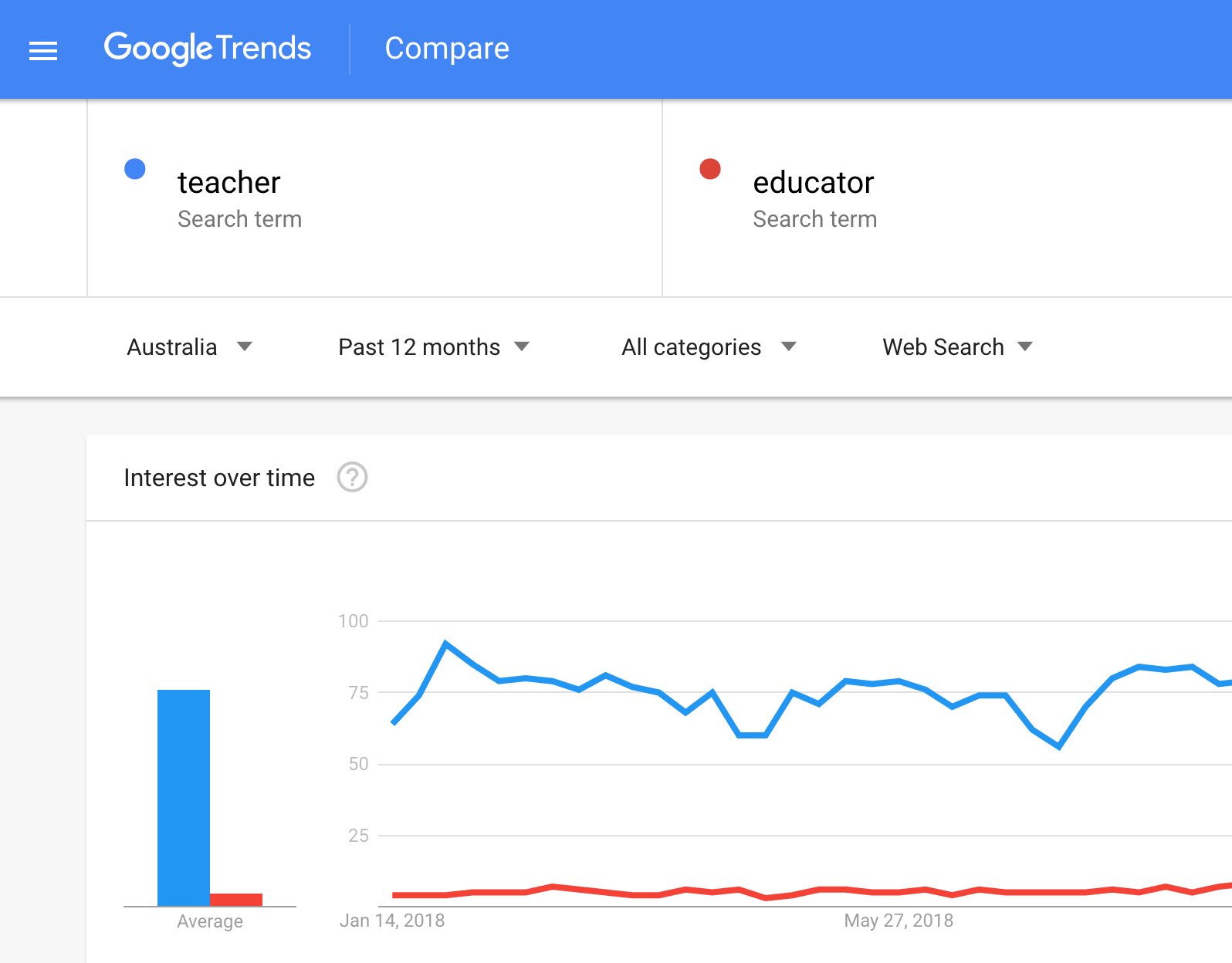
Your First 4 Google Keywords
What do people search for in Google that matches what you sell?
Whatever that search term is, is your google keyword. And you want to optimise your website for it.
Keyword is a misleading term, as more often than not it’s 2 to 3 words, so keyphrase would be more grammatically correct. However it gets called a keyword, so we’ll use that term.
To start the process we recommend choosing four keywords and optimising four different pages on your site with these four keywords (or keyphrases). Focus on one keyword to one page.
1. Your first Google Keyword – your Business Name.
The first google keyword you want to rank for is your Business Name. The homepage is the best page to optimise for your business name.
If your business name is Plympton Tax Accountant, then that is your first keyword. Your business name will appear on your website several times so you should, within one month of your site going live, rank on page one on Google for this.
If you don’t see your site come up when you search on your business name, within 4-6 weeks of the site going live, check with your web developer that your site is indexed with Google.
Other tactics you can try, if your site is still not coming up on a search on your business name, is to get links from other sites to your site, for example in a local business directory.
Once you’ve achieved success in getting on page one for your own business name, turn your efforts to the next three search terms.
2. The most competitive keyword
Choose the most obvious keyword next. The phrase you pretty much know everyone will use to find you, or your competitors online. This is likely to be the best one for your business and likely to be the one that has the highest number of searches. Its also likely to be the most competitive one and the hardest one to rank on Google for.
If you sell coffee, the keyword is likely to be coffee followed by your city. In other words “coffee Perth” or “coffee Birmingham”.
If you are an electrician, the most obvious keywords is likely to be electrician followed by your city. In other words “electrician Vancouver” or “electrician Auckland”.
They’ll be lots of other businesses already ranking, or trying to rank on page one for this phrase. But start now and maybe in 2 to 3 years you can win prime space on Google for this search term.
3. The easy one
Now that you’ve got the hardest one out of the way, try for a less competitive one. This phrase will have less competition.
Going back to our coffee example, an easier keyphrase might be “best freshly brewed coffee in Sydney” or “roasted Brazilian bean coffee”.
You won’t get as much traffic to your website on these terms – but the traffic you do get will be very interested in the product you sell or the service you provide.
4. Your fourth Google keyword
We recommend your fourth Google keyword be similar to the third. A longer, less competitive phrase that you are keen to be found on.
Examples
If you are a plumber who lives and works in Cape Town, and your business name is Jim’s Plumbing, your top 4 keywords could be:
- Jim’s Plumbing
- Cape Town Plumber
- Bathroom Renovation Services
- Help with Blocked Toilet
If you sell beauty products and your business name is cherish bath and beauty and you are located in San Diego, your top 4 keywords could be:
- Cherish Bath and Beauty
- Beauty Products San Diego
- Lavender Hair Shampoo
- Organic Body Soap
Keyword Research
Before you decide upon your search terms, google them yourself and see what websites are already on page one for those two or three terms. This will give you some idea of how competitive the space is for those search terms.
It is valuable to do keyword research at the very start, before you begin optimising your site, as it will give you direction for what to prioritise with your Search Engine Optimisation (SEO).
Search volume is usually given as a per month figure at a particular location. For example:
- “coffee Adelaide” might get 100 searches a month in South Australia
- “roasted Brazilian bean coffee” might get 10 searches a month in South Australia
These reports are available with our keyword research package.
There are online tools available that can measure how many searches keywords get. However the professional tools, for example SEMrush and Moz, can cost upwards of $80/month to subscribe to.
Google Trends
For a simple research option head over to Google Trends https://trends.google.com/trends.
To use Google Trends, enter a search term that you think a customer might use for your business. Check that it is showing results for the country you live in.
Wait for it to come up with the results. Then add in another idea in the comparison field.
Google Trends doesn’t give you an absolute search volume, but it does allow you to compare one search term against another.
In the example below you can see the word “teacher” gets a lot more searches than the word “educator.”

Now What?
Once you’ve chosen your first keywords the next job is to make sure they appear on your webpage several times, for example in the page heading, as an image title and in the text of the page. Knowing where to use them on your website takes time to learn and implement. Check out our SEO course if you’d like to learn SEO in a practical step by step way.
Search Engine Optimisation is a medium to long term marketing activity – so don’t expect immediate results.
Competitor businesses are also using similar phrases in their marketing efforts – so it will take effort and persistence to win with your chosen keyword.
Discover Your Top 50 Keywords
Want to find out your top 50 keywords? Let us do the keyword research for you.

Keyword Research
Keyword research package providing you search volume on the complete list of words and phrases.
